Hoard of silver Arabic coins discovered in Ukraine
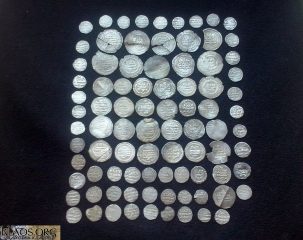
Numerous silver coins dating back to the Samanid Empire (819-999 AD) and other artefacts were discovered at a site by the Psel river in Sumy Oblast, North-East Ukraine.

Numerous silver coins dating back to the Samanid Empire (819-999 AD) and other artefacts were discovered at a site by the Psel river in Sumy Oblast, North-East Ukraine.
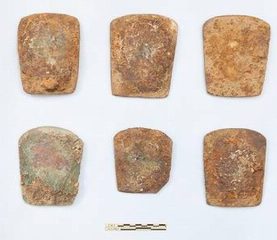
Six copper axes and some pieces of pottery discovered at Rampur Maniharan site in Sakatpur, Uttar Pradesh, India. Archaeologists believe they might indicate the existence of a separate culture that straddled the Ganges-Yamuna Culture, contemporary with the Indus Valley Civilisation (3300-1700 BC).
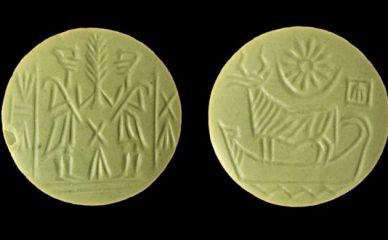
Danish archaeologists discovered a jewellery workshop containing semi-precious gemstones on a small island of Failaka off Kuwait’s coast. The finds date to between 2100 and 1700 BC.
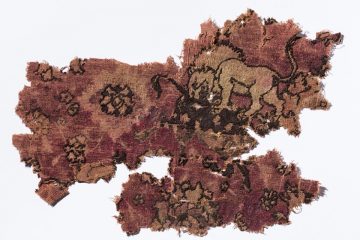
Fragments of a carpet made with silk and wool were recovered from a shipwreck dubbed the Palmwood Wreck buried at the bottom of the sea for nearly 400 years.
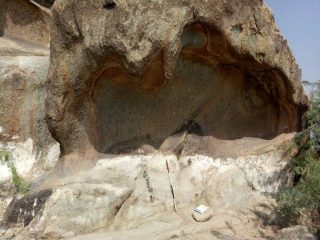
Archaeological survey of the Khyber tribal area in the Federally Administered Tribal Areas region of Pakistan brought a discovery of new 110 heritage sites. Among them are 30000 year old Palaeolithic rock paintings found in in Tehsil Jamrud.
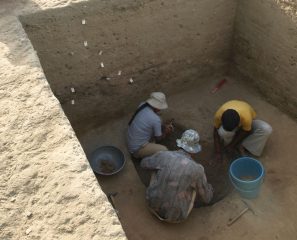
Archaeologists discovered that the Indus Valley civilisation, that occupied the region of what is now Pakistan and North-west India during the Bronze Age domesticated rice farming far earlier than previously believed.
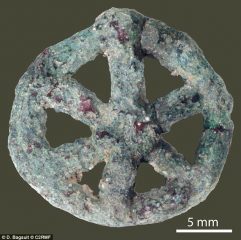
A 6000-year-old amulet discovered at a Neolithic site in Mehragarh, Baluchistan province central Pakistan might be the world’s oldest example of applying lost-wax casting technique to create metal objects.
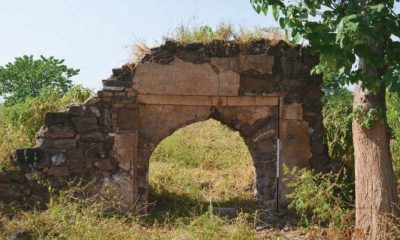
Archaeologists study surviving historical relics scattered across Islamabad, Pakistan, before they are lost to housing development. They have managed to document remains of a Mughal era mosque, a British era memorial and many more.
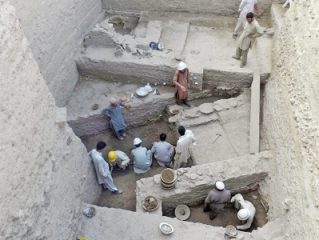
New season of excavations conducted at Barikot in the valley of Swat (Pakistan) revealed fortifications built by the Indo-Greek kings that ruled the city after the siege by Alexander the Great.
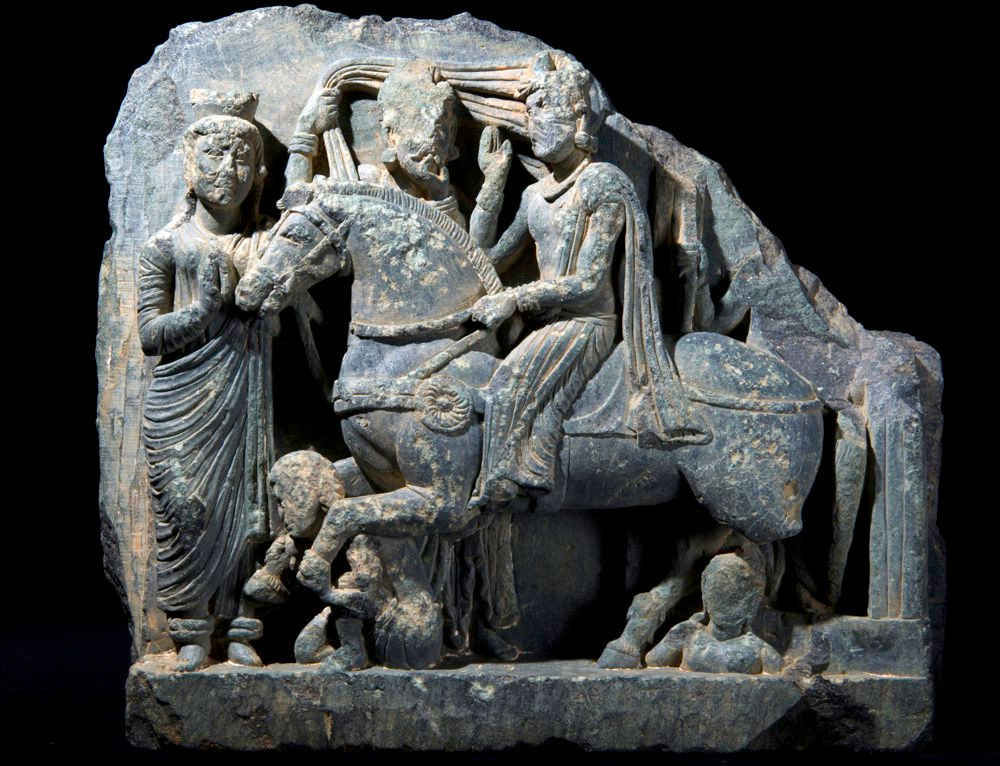
Sculptures and carvings dating back more than 1,700 years have been discovered in the remains of a shrine and its courtyard in the ancient city of Bazira (Pakistan). One of the sculptures, carved in green schist, depicts a prince named Siddhartha leaving a palace on a horse named Kanthaka.